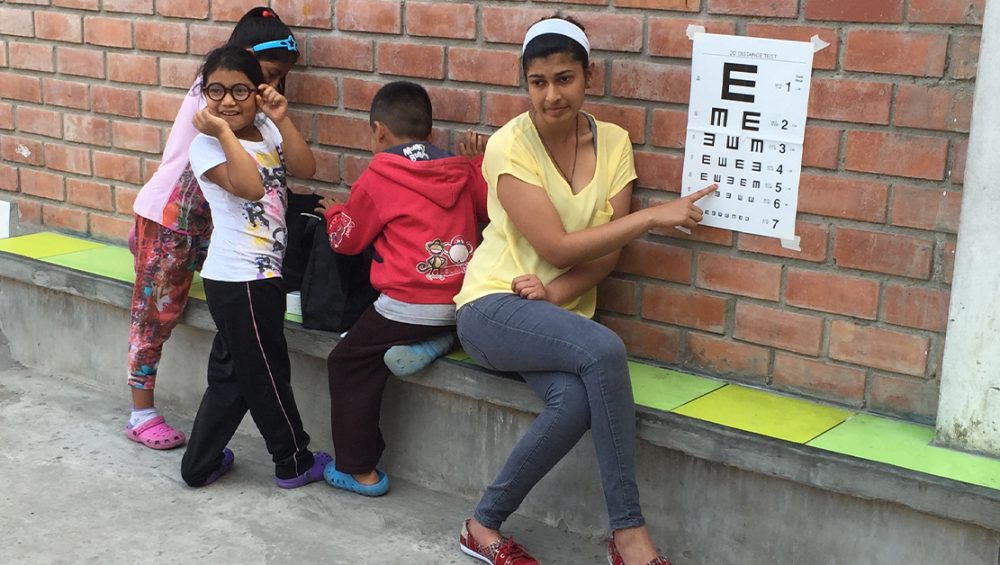In the diverse and expansive continent of Africa, an often-overlooked health crisis is unfolding. Malnutrition and a lack of awareness about eye health are leading to an increase in preventable eye problems, affecting millions across underdeveloped regions. This issue is not just about vision—it’s about the profound impact poor eye health has on education, economic productivity, and overall quality of life.
The Root Causes: Malnutrition and Lack of Awareness
Malnutrition: Essential nutrients such as vitamins A, C, E, and minerals like zinc are crucial for maintaining healthy vision. Unfortunately, in many parts of Africa, access to these nutrients is limited. Vitamin A deficiency, for example, can lead to night blindness and, in severe cases, total blindness. Poor diets, compounded by food insecurity and economic challenges, mean that many people do not get the necessary nutrients to maintain healthy eyes.
Lack of Awareness: In many communities, there is little understanding of the importance of eye health or the role of nutrition in preventing eye diseases. Misconceptions and cultural stigmas often prevent individuals from seeking eye care. Without regular check-ups and proper treatment, minor eye issues can escalate into severe impairments. Moreover, a lack of education about eye health means that many people do not know how to protect their vision or recognize the early signs of eye diseases.
First Sight’s Mission: A Comprehensive Approach
Addressing the eye health crisis in Africa requires a multifaceted approach. First Sight is committed to combating this issue through several key initiatives:
– Nutritional Support: First Sight partners with local organizations to provide access to vitamins and supplements that are essential for eye health. Educational programs are also implemented to teach communities about the importance of a balanced diet rich in eye-healthy nutrients.
– Educational Outreach: Raising awareness about eye health is critical. First Sight conducts community workshops and school programs to educate people about the importance of eye care, the impact of nutrition on vision, and how to recognize and treat common eye conditions. By dispelling myths and providing accurate information, these programs empower individuals to take proactive steps in maintaining their vision.
– Accessible Eye Care: Many people in underdeveloped regions do not have access to eye care services. First Sight’s mobile clinics travel to remote areas, providing eye exams, distributing glasses, and offering treatments on the spot. These clinics ensure that even the most isolated communities receive the eye care they need.
How You Can Help
The growing crisis of eye health in Africa calls for a collective effort. Here’s how you can make a difference:
– Donate: Your financial support can help fund nutritional programs, educational outreach, and mobile clinics that bring essential eye care to underserved communities.
– Spread Awareness: By sharing information about the link between nutrition and eye health, you can help educate others and encourage preventive measures.
– Volunteer: Whether you can volunteer your time on the ground in Africa or support educational campaigns from afar, your involvement is invaluable.
Conclusion
The challenges of malnutrition and lack of awareness regarding eye health in Africa are significant but not insurmountable. With targeted interventions focused on education, improved nutrition, and accessible eye care, organizations like First Sight are making a tangible impact. Join us at [First Sight](https://firstsight.org) in our mission to ensure that no one’s potential is limited by preventable vision impairment. Together, we can bring clarity and hope to millions.
This blog post aims to highlight the critical but addressable issues of eye health in underdeveloped regions of Africa, emphasizing the interconnected roles of nutrition, education, and medical intervention in combating this crisis effectively.


